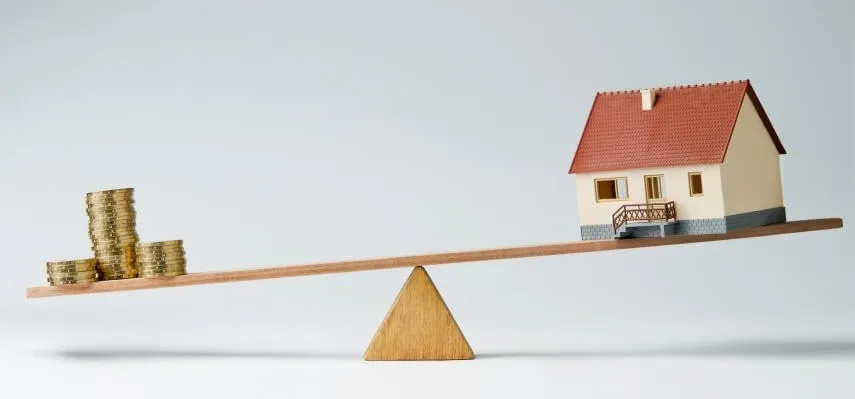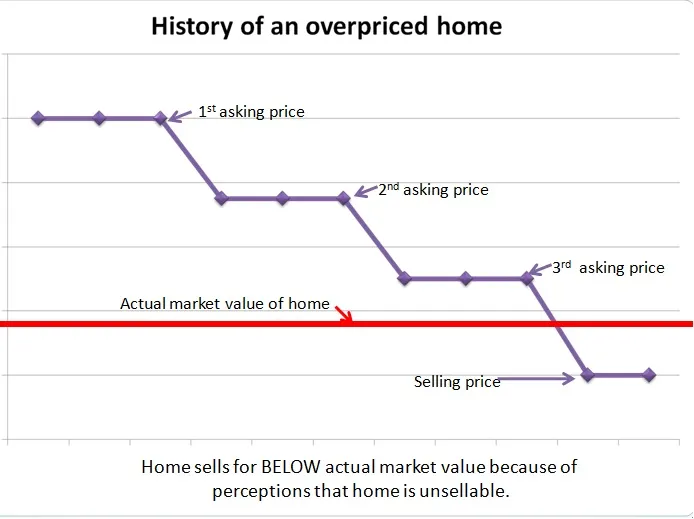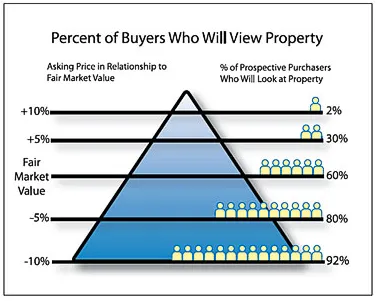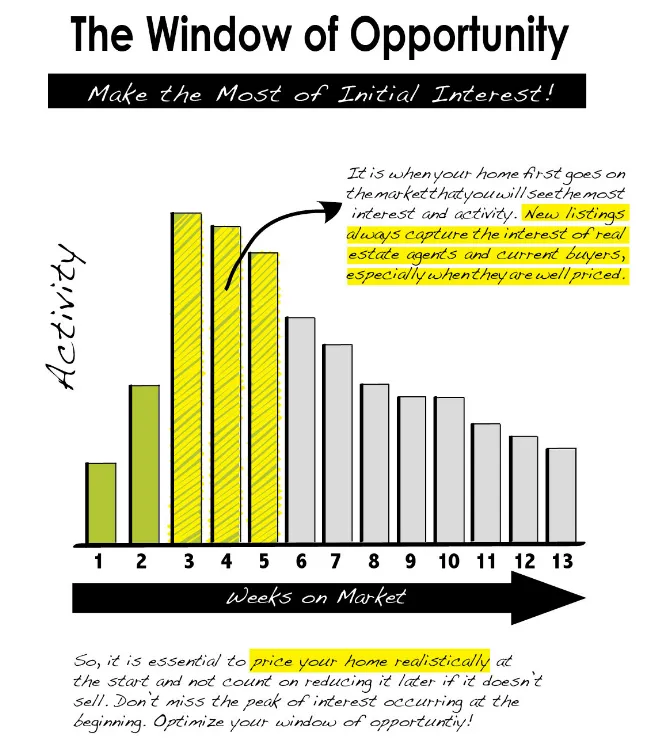





THE CONSEQUENSES OF OVERPRICING YOUR HOME
By Benny Roberts

When the real estate market favors sellers, buyers often rush to secure homes, sometimes within hours of a listing going live. This surge in demand can drive prices up quickly, reinforcing the belief that the market will continue to rise indefinitely. However, no market climbs forever—there’s always a peak.
Even in a seller’s market, proper pricing is crucial. Overpriced homes still struggle to sell or may not sell at all. Well-priced homes perform well in any market, while overpriced ones tend to linger and hurt the seller's position.
Why Overpricing Backfires:
You Rarely Sell at Full Price (or Even Market Value)
The market determines a home's worth. Even in competitive conditions, buyers are only willing to pay so much. While some homes sell above market value, this typically happens in bidding wars rather than due to an inflated listing price.

When a buyer is interested in making an offer on a home, their agent will first analyze comparable sales in the area. If the price aligns with market value, the buyer is more likely to proceed. However, if the home is overpriced, they may either submit a lower offer or move on entirely.
Why Overpricing Hurts Your Sale:
Agents May Avoid Your Home
Real estate agents prioritize homes they believe will lead to successful transactions. If they determine a home is overpriced and the seller seems unwilling to negotiate, they’re unlikely to show it to their buyers. Since around 71% of home sales involve an agent representing the buyer, overpricing can significantly reduce exposure.Buyers Lose Interest Over Time
Homes that don’t receive an offer within the first 21 days on the market are less likely to sell at full price. The longer a listing lingers, the less attractive it becomes to potential buyers.
That may sound a bit extreme, but the data suggests it’s fairly accurate.
If you list your home at a price that’s too high, both buyers and real estate agents are likely to lose interest, reducing your chances of a successful sale.


New listings constantly attract buyers, and if your home is overpriced, buyers may dismiss it and move on permanently to better-priced options.
After a month on the market, securing a full-price offer—or any offer at all—becomes increasingly difficult.
Ultimately, trusting your agent’s pricing recommendation is essential, as they base it on market data and experience.
If you're curious about your home’s current market value, consider getting an updated assessment.
By Benny Roberts
Raving Fans
Bottom Line:
We are going to get the job done properly for you and not let you down. Period.
There is no risk and no obligations, just expert and friendly advice!

